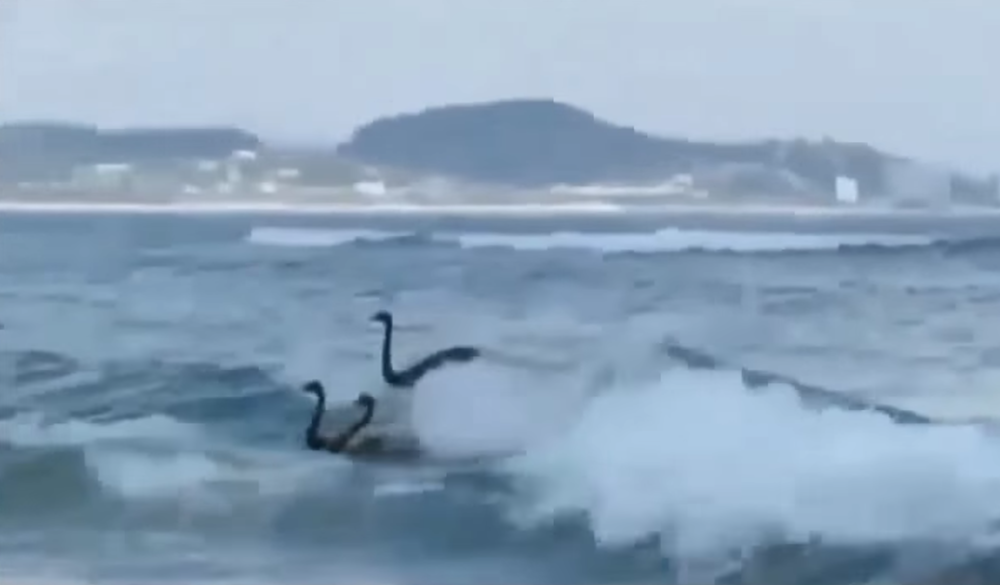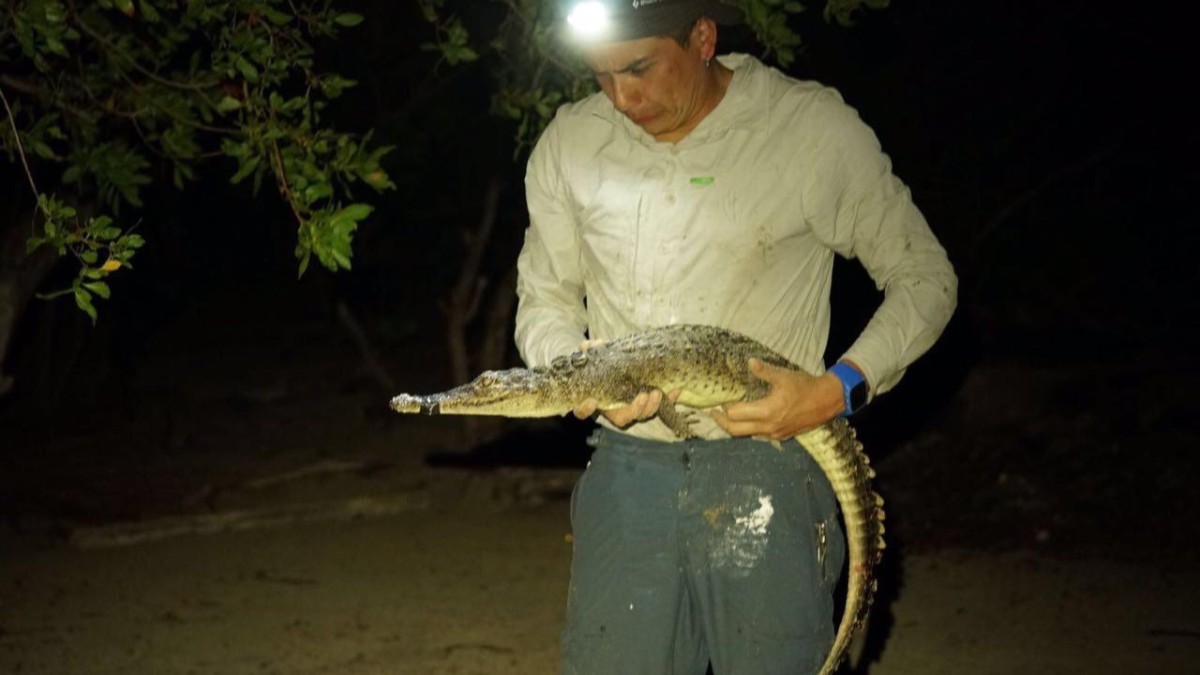Surfin' Birds Just Wanna Have Fun (Video)

A group of "surfing" black swans were caught catching some waves at a beach on Australia's Gold Coast, in a video posted on YouTube. The swans appear to be having a good time riding the waves, and they're not alone — plenty of animals do things just to have fun, experts say.
"There're good biological reasons to think that animals have fun," said Marc Bekoff, a professor emeritus of ecology and evolutionary biology at the University of Colorado, Boulder.
"Probably as few as five years ago, scientists wondered, do animals have fun or make friends — and I think that's just the silliest thing in the world," Bekoff told Live Science. [See video of black swans riding the waves]
The swans in the video aren't the only ones enjoying themselves at the shore. Bekoff has seen ducks and geese "surf" in strong currents. Dolphins are also known to surf in the wake of ships. And on land, dogs and wolves play with sticks. Wild animals have even been found to run on wheels for fun.
"Fun evolved because it’s a good way to keep a behavior in the repertoire," Bekoff said. "If you do something fun, you're more likely to repeat it."
Fun is also a way to let off steam in a non-stressful situation when no predators are around. Bekoff said he has "no doubt" that the bird equivalent of the brain's "pleasure center" is firing while the animal is doing something enjoyable.
Not only do animals have fun, but fun is also contagious. In the swan video, one swan catches the first wave, and then its buddies follow on the next one. Scientists call this mimicking behavior "social contagion," and it happens in humans, too.
Sign up for the Live Science daily newsletter now
Get the world’s most fascinating discoveries delivered straight to your inbox.
It used to be taboo to suggest that animals could have fun or make friends, Bekoff said, but "more and more data is coming out that animals have similar emotional lives as humans."
The fact that animals have fun is just another example of them displaying cognitive abilities once thought to be unique to humans.
"We're expanding the consciousness and cognition club to animals," Bekoff said.
Editor's Note: If you have an amazing animal photo or video you'd like to share for a possible story or image gallery, please contact managing editor Jeanna Bryner at LSphotos@livescience.com.
Follow Tanya Lewis on Twitter and Google+. Follow us @livescience, Facebook & Google+. Original article on Live Science.










